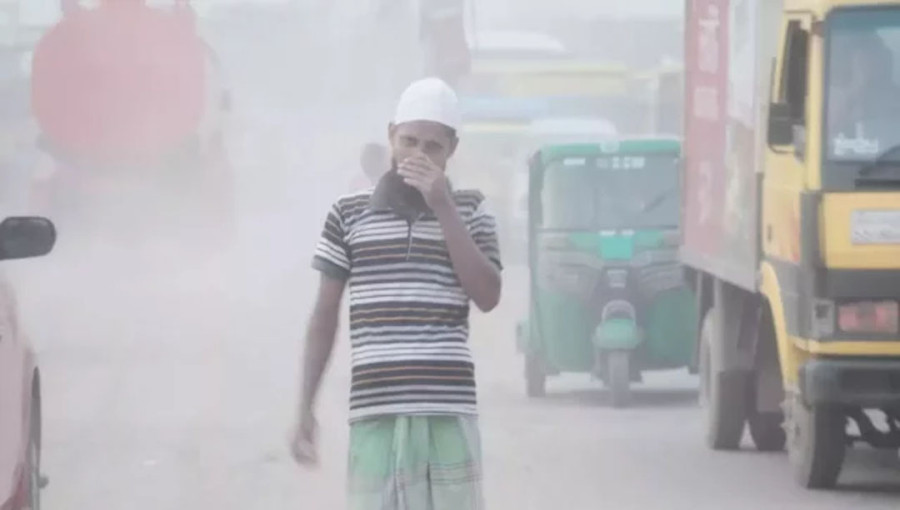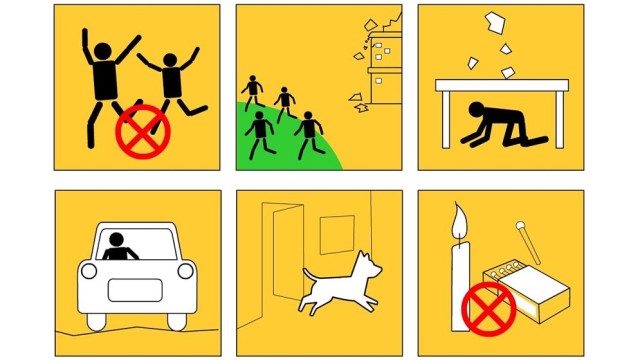Dhaka, Nov 27 (V7N) – Dust pollution has gripped Dhaka as the city experiences a prolonged absence of rain in November, leaving the atmosphere hazy and unhealthy. The visible layer of dust hanging in the air is a clear indication of worsening conditions.
The Center for Atmospheric Pollution Studies (CAPS) highlights that the period from November to February consistently records the poorest air quality over the past nine years. This year, on November 16, Dhaka’s Air Quality Index (AQI) peaked at 269, the highest reading so far in 2023.
Air Quality Insights
On Wednesday morning, Dhaka’s AQI stood at 160, making it the eighth most polluted city globally at that time. The situation was even worse the day before, with an AQI score of 234, placing it fourth among the most polluted cities.
The AQI categorizes air quality into six levels:
- 0–50: Good
- 51–100: Moderate
- 101–150: Unhealthy for sensitive groups
- 151–200: Unhealthy
- 201–300: Very unhealthy
- Above 300: Hazardous
Historical data reveals that January consistently records the most hazardous air quality, with an average AQI of 250. Comparatively, November averages 177, December 218, and February 221. January 2023 set a record for the worst AQI monthly average in 106 months, reaching 281.
In contrast, July 2021 was the cleanest month in recent years, with an AQI average of just 76. Annual averages have progressively worsened, with AQI scores of 159 in 2021, 160 in 2022, and 171 in 2023.
Causes of Pollution
The absence of rain in November has exacerbated dryness, reducing the ability of trees to filter dust particles, especially as they shed their leaves. Coupled with the onset of construction season in winter, the city’s air quality has taken a significant hit.
Dr. Ahmad Kamruzzaman Majumder, founder of CAPS, pointed to various factors driving pollution, including construction activities, roadworks, industrial emissions, vehicle exhaust from unfit cars, and open waste burning. He urged immediate action to implement pollution control measures, warning that air quality could worsen further in December if left unchecked.
Health Concerns
The deteriorating air quality has heightened health issues for residents, especially those with allergies triggered by dust and cold. Medicine specialist Dr. MH Choudhury Lelin emphasized that air pollution impacts health in immediate, medium-term, and long-term ways.
- Immediate Effects: Increased respiratory issues such as sneezing, coughing, and asthma flare-ups; aggravated allergies; and a rise in lung inflammation, fungal infections, pneumonia, and tuberculosis cases.
- Medium-Term Effects: Decline in lung capacity as particulate matter reduces lung elasticity and penetrates the bloodstream, potentially harming the liver and kidneys.
- Long-Term Risks: Higher risk of lung cancer, increased rates of miscarriage among pregnant women, and evidence of lower birth weights in infants.
Dr. Lelin recommended wearing masks and taking preventive measures to minimize exposure to harmful air pollutants.
END/MSS/AJ































Comment: